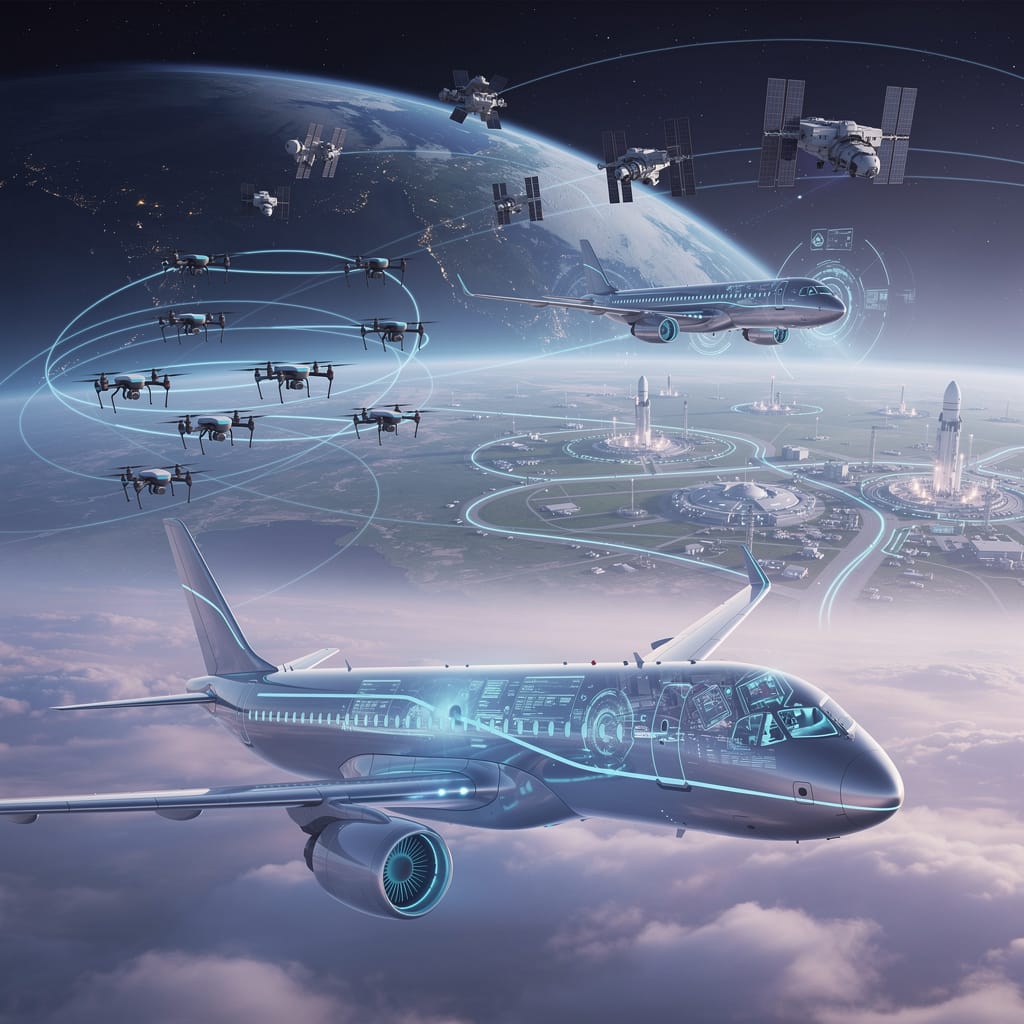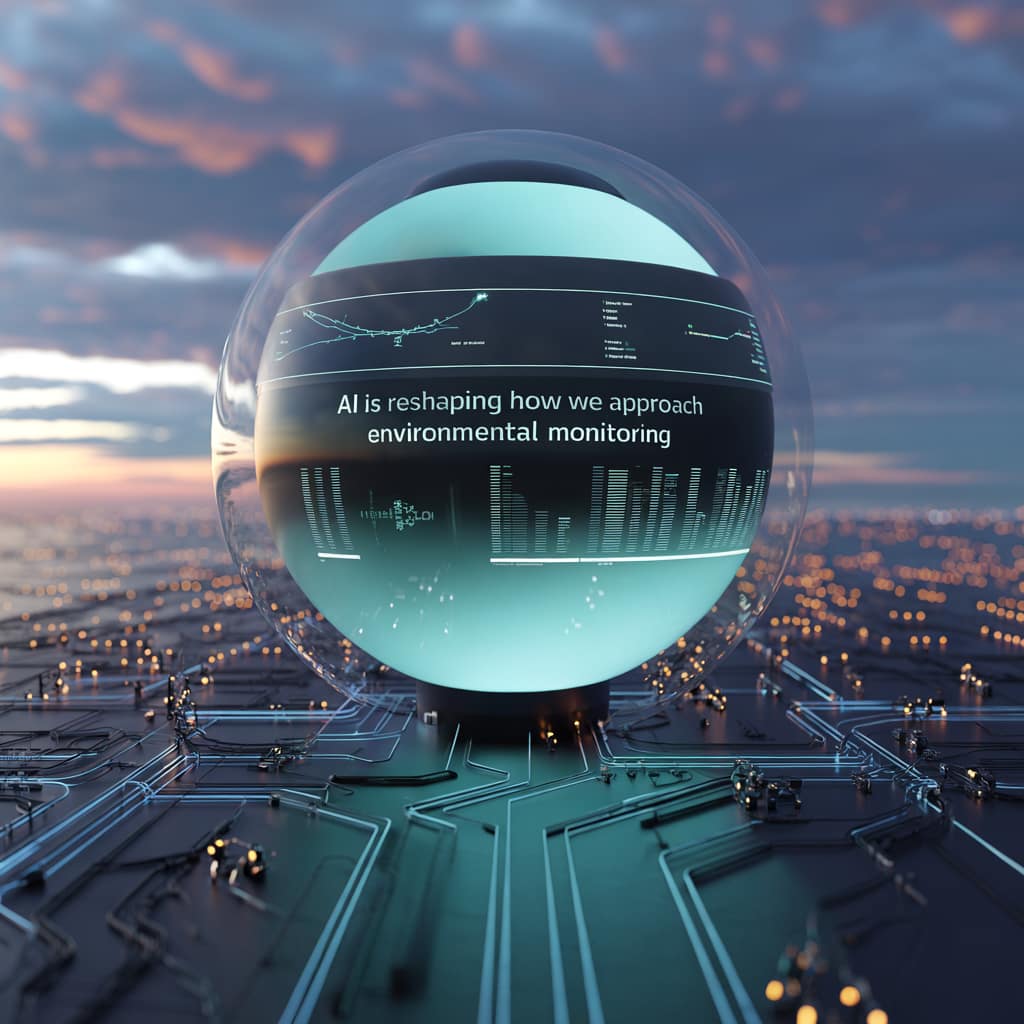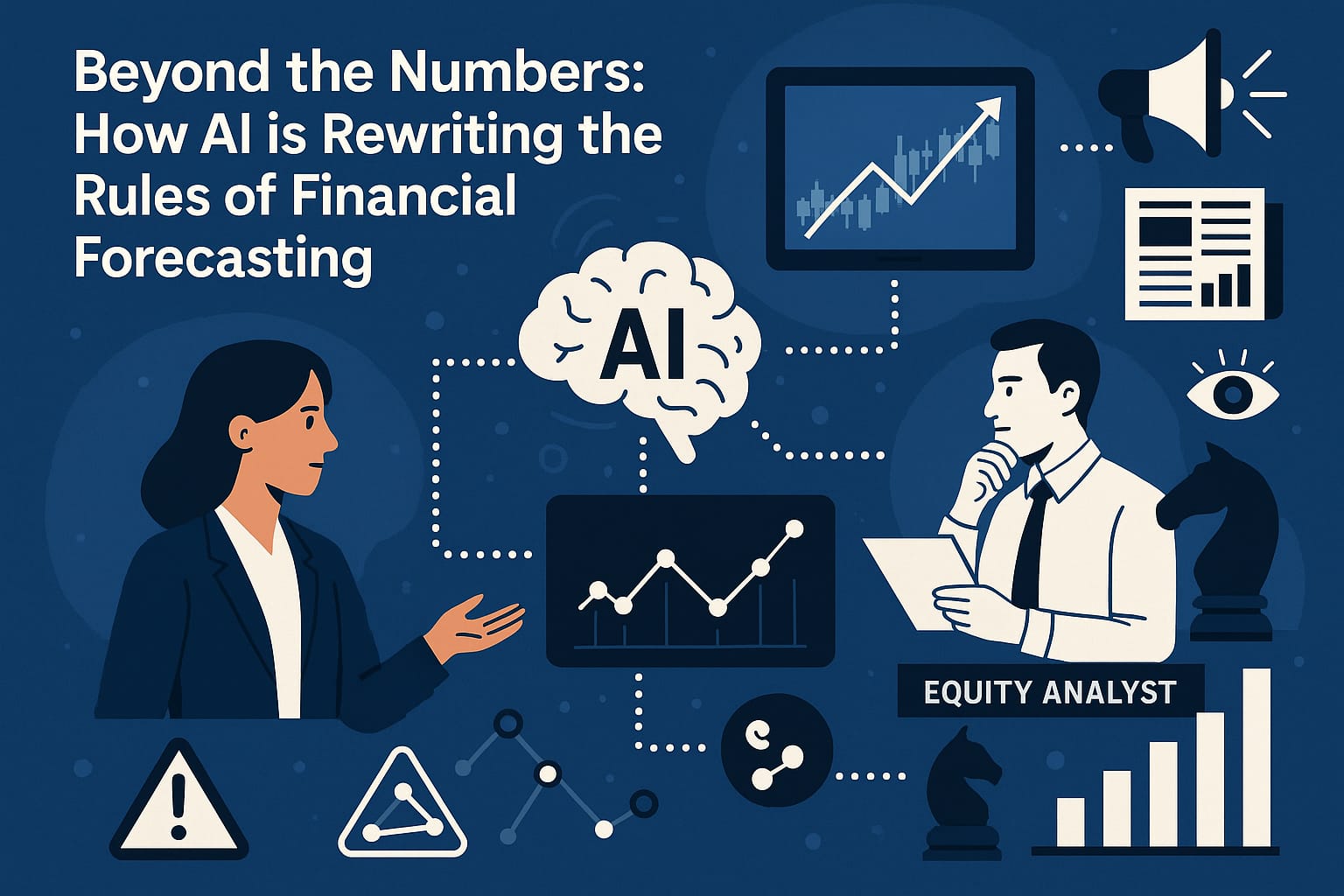Future of Cobots – Looking Ahead
Let’s delve into the “Looking Ahead: Future of Cobots,” by discussing the potential advancements and innovations that lie ahead in the realm of collaborative robots (cobots).
Enhanced Sensing and Perception
The future of cobots will likely see advancements in sensing and perception technologies. Cobots will become even more adept at understanding their environment, recognizing objects, and reacting to changes in real-time. This will enable them to handle more complex and dynamic tasks with greater precision.
Smarter AI and Learning
As artificial intelligence continues to evolve, cobots will become smarter learners. They will refine their actions based on accumulated experience, adapt to variations in tasks, and predict human intentions more accurately. This will lead to smoother and more efficient collaboration with human workers.
Human-Centered Interaction
Future cobots will focus on improving their interaction with humans. Natural language processing and advanced gesture recognition will enable more intuitive communication. Cobots might even develop the ability to understand context and emotional cues, making collaboration even more seamless.
Augmented Reality Integration
The integration of augmented reality (AR) technology with cobots will open up new possibilities. Human workers could receive real-time guidance and instructions through AR interfaces, enhancing their ability to work collaboratively with cobots on complex tasks.
Autonomous Decision-Making
Advancements in AI will enable cobots to make autonomous decisions based on real-time data and pre-defined parameters. This autonomy will allow cobots to adapt to changing situations without human intervention, further enhancing their usefulness.
Specialized Cobots for Industries
Industries will likely see the emergence of specialized cobots designed for specific tasks. From medical procedures to intricate manufacturing processes, cobots will become more tailored to the unique requirements of different industries, amplifying their impact.
Collaboration Beyond Physical Spaces
The future of cobots might extend beyond physical workspaces. Cobots could collaborate remotely, assisting humans in tasks that require a physical presence in distant locations. This would open doors for new applications in fields like exploration, disaster response, and space missions.
Sustainability and Energy Efficiency
Advancements in materials and energy-efficient technologies will likely influence the design of future cobots. These cobots might be lighter, more durable, and consume less energy, making them more sustainable and cost-effective in the long run.
Ethical and Societal Considerations
As cobots become more integrated into society, ethical considerations will play a pivotal role. Discussions about job displacement, privacy, and the potential social impact of cobots will continue to shape the development and deployment of these machines.
Conclusion
The future of collaborative robots holds exciting possibilities that will redefine the way humans and machines work together. With advancements in AI, sensing, and human-robot interaction, cobots will continue to push boundaries, enhancing industries and offering new solutions to complex challenges. By focusing on responsible development and embracing innovation, we are on the brink of a future where cobots are not just tools, but indispensable partners in the journey of progress.

Shop Corner
Future of AI in robots On Amazon
Thank you for questions, shares and comments!
Share your thoughts or questions in the comments below!
Source OpenAI’s GPT language models, Fleeky, MIB, & Picsart






